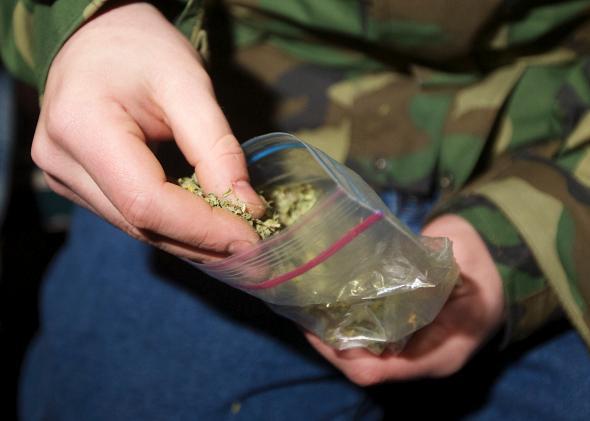A few weeks ago, I wrote about Nigeria transforming itself overnight into Africa’s largest economy by including lucrative new industries like telecommunications and movies.
But the bean counters in Africa have nothing on their counterparts in Europe. Under new EU accounting rules requiring governments to count all economically productive activities, regardless of legality, a number of countries are discovering their economies are getting a fairly substantial boost.
(The new rules do some other important things, like change how governments classify research and development funding, but that isn’t as much fun.)
Including revenues from drug trafficking, prostitution, and alcohol and tobacco smuggling in official GDP figures could boost Italy’s slumping GDP between 1 and 2 percent. Overall, the “grey economy” could account for as much as 17 percent of Italy’s GDP.
The inclusion of drugs and prostitution will add about $17 billion to the British economy. Estonia, Austria, Slovenia, Finland, Sweden, and Norway will also be adding drugs and prostitution to their official stats.
The new rules make some sense as a way of harmonizing statistics across countries with different laws: An illegal pot dealer in London can generate as much wealth as a legal one in Amsterdam. But it also presents some issues when it comes to reliability. As Italy’s National Institute of Statistics put it, calculating the value of these activities can be “very difficult for the obvious reason that these illegal activities are not reported.”
Overall, organized criminal activities around the world account for $870 billion, or about 1.5 percent of global GDP, according to the U.N. Office on Drugs and Crime. That’s about 50 percent of last year’s economic growth.
There’s something a bit strange about governments taking credit in their official statistics for wealth generated by activities that they throw people in jail for, but what’s a little hypocrisy in the name of accounting accuracy?
